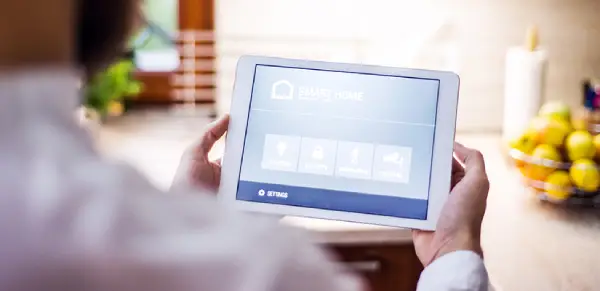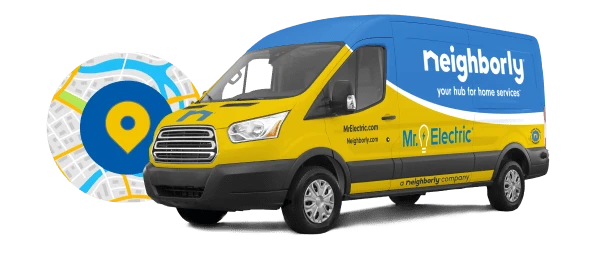
Mr. Electric explains how smart home technology can help you save money.
|
One of the most talked about trends in homes and businesses, installing smart home systems to lower electricity bills can really payoff. Though ‘smart’ devices cost about 30-50 percent more than their technologically deficient counterparts, investing in smart home systems offer a rapid return-on-investment. In addition, smart home tech, compatible with home automation devices such as Siri, Alexa, iOS home and more, can also make your home life greener and more convenient.
What Types of Smart Home Tech Can Add Up to Savings?
Relying on simple tactics to cut energy costs? There’s a better way… Lower your energy bills and make your life easier with these ‘smart’ home additions:
- LED lights
LED bulbs last longer than both their incandescent and CFL counterparts, utilizing far less energy: 75-80 percent less than the typical 60-watt incandescent bulb. Connected LED bulbs, such as the Philips Hue, compatible with your home automation system, only increase these savings, upping versatility and ease-of-use.
- Smart thermostats
How often do you leave your heating and cooling running in an empty home? Smart thermostats use technology for tracking occupancy and schedules. This offers multiple advantages. Smart thermostats program themselves, prevent energy waste, changing settings so you don’t heat/cool an empty home, and help you make proactive decisions, recommending other opportunities for energy savings based on user preferences. The EPA’s Energy Star program reports savings of up to $180 per year in homes taking advantage of smart thermostat technology. Many utility companies offer rebates and incentives for those upgrading to a smart thermostat, some covering a significant chunk of the purchase price. Before purchasing one, be sure to give yours a call.
- Remote power management devices
Remote power management systems, such as Wi-Fi outlets, offer the capability to monitor – and operate –appliances in your home from anywhere. From lighting to your coffee pot, curling iron, and space heater, ease worries by checking the status of these appliances (Did I leave my curling iron on?) and controlling use. - Energy cost monitoring
Serious about reducing your energy use? Home energy monitoring systems, such as these from CURB and Sense, can help you better identify which electronic devices in your home are consuming the most current. Connected to your home’s breaker panel, these little gizmos send detailed, real-time information to your smartphone or mobile device. - Grocery monitoring
Always leave your grocery list behind? Can’t remember what’s in the fridge? Smart refrigerators take advantage of camera technology, giving you a wide-angle view of refrigerator contents, reducing the hassle and expense of all those unnecessary grocery store trips. - Smart security solutions
Wish there was a more cost-effective, yet reliable home security solution? Today’s connected home security products, such as SimpliSafe and Wink Lookout, offer as many bells and whistles than traditional subscription-based packages, but for less dough. Lock your house remotely, monitor doors and windows with wireless contact sensors – even install microphones, speakers, and sirens, getting immediate notifications in the event of the unexpected.
More than Energy Savings
How else can my smart home save me money? In addition to energy savings and ease-of-use, the addition of automated home technologies can also reduce homeowner’s insurance costs. Smart home systems including smoke, carbon monoxide, flood, and other detectors may make you eligible for a significant policy discount – as much as 20 percent for some systems, which help insurers mitigate loss. Ask your local agent about available incentives.
Smarten up your home and your budget. Invest in brighter future with the addition of a smart home system from Mr. Electric, a Neighborly company. Contact us to discover new ways to save today.
This blog is made available by Mr. Electric for educational purposes only to give the reader general information and a general understanding on the specific subject above. The blog should not be used as a substitute for a licensed electrical professional in your state or region. Check with city and state laws before performing any household project.

